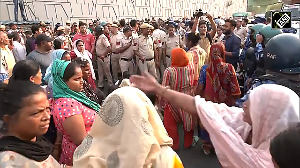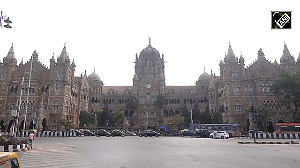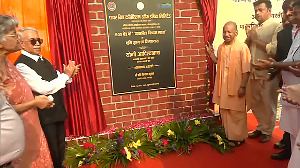World sport has been embroiled in doping controversy this year, particularly track and field and cycling.
"We've seen a rising tide...in terms of the degree to which anti-doping organisations are all placing a much greater emphasis on ensuring that appropriate anti-doping programmes are in place," FINA's Doping Control Review Board chairman Andrew Pipe said in Canberra.
"As a consequence of that we have seen an increase in the number of incidents and/or positive tests which have resulted."
"There are some who would wring their hands and say the sky is falling and we're making no progress whatsoever."
"I, on the other hand, would say we are now seeing what occurs when programs and policies are implemented and enacted."
The Australian cycling team became embroiled in controversy in July with 2002 keirin world champion Jobie Djaka being dumped from the team for Athens after he admitted lying to investigators during an inquiry into doping.
Djaka was among five Australian cyclists cleared of injecting legal and illegal substances at a room labelled a "shooting gallery" at the Australian Institute of Sport in Adelaide, South Australia.
While he has never tested positive for a banned substance Djaka was expelled for bringing the team into disrepute, the Australian Olympic Committee said.
Ex-junior world champion Mark French was also banned for the Olympics for life over a range of drug offences.
"I think people around the world are not surprised that doping issues or doping incidents come to the fore in Australia (given) this is a country which takes both sport seriously and anti-doping activities very, very seriously," said Pipe.









 © 2025
© 2025